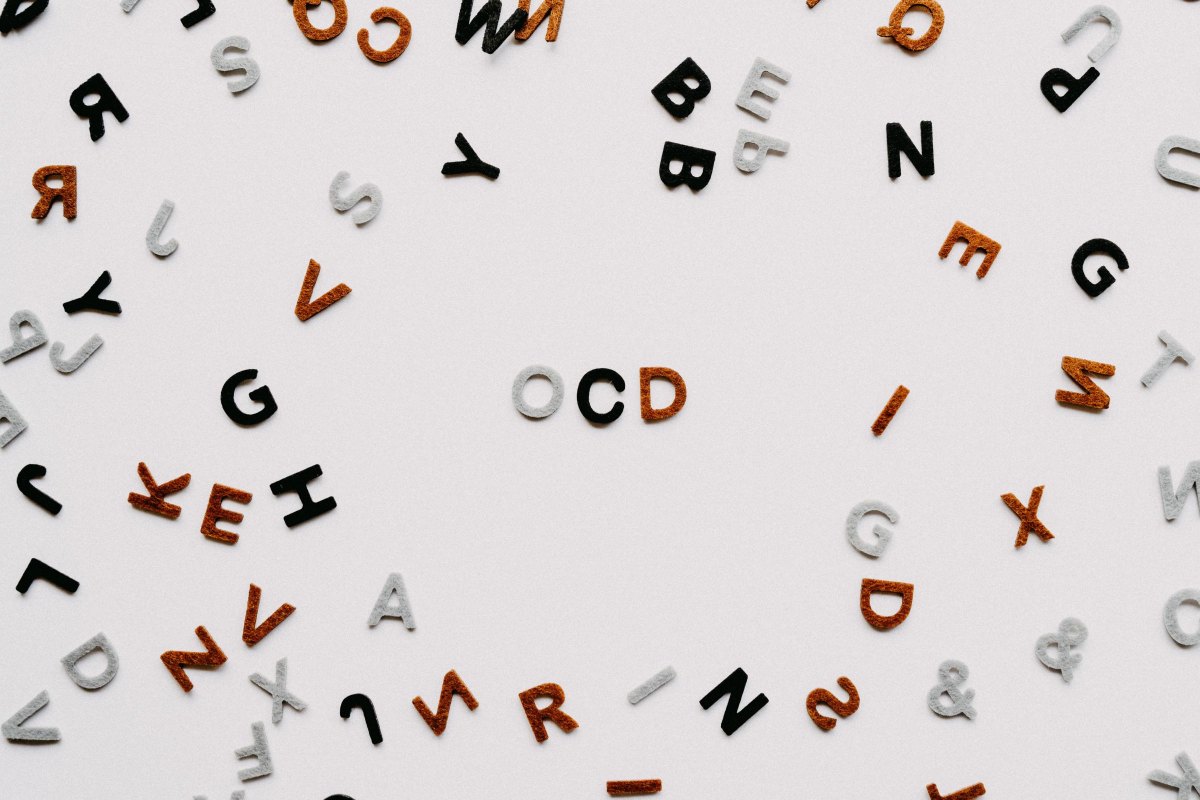Obsessive-compulsive disorder (OCD) consists of unwanted thoughts or fears that lead an individual to engage in repetitive behaviors. These compulsions interfere with daily life and cause anxiety or distress.
Symptoms of OCD
Obsessions are repeated, continuing thoughts that cause fear or anxiety. Individuals may click here to investigate additional symptoms. People may try to ignore these thoughts by completing a compulsive ritual or behavior.
Some common obsessions, according to realtimecampaign.com, include the fear of getting dirty, doubting that someone locked the door, stress when objects aren’t orderly, avoiding handshaking, and unpleasant sexual images. Common compulsion symptoms are washing, cleaning, checking, counting, and following a strict routine.
Diagnosing OCD
To diagnose an obsessive-compulsive disorder, a doctor completes a psychological evaluation. This assessment includes the patient discussing their feelings, thoughts, symptoms, and behaviors so the doctor can determine whether they have obsessive-compulsive behaviors that interfere with life. Doctors may also ask to speak with family members or friends.
Doctors use the criteria in the DSM-5 (Diagnostic and Statistical Manual of Mental Disorders) to diagnose OCD. They may conduct a physical exam to rule out other complications or conditions.
Treatment for OCD
While doctors cannot necessarily cure OCD, they can work to reduce symptoms so they don’t affect daily life. Some patients need long-term or more intensive treatment as well.
Psychotherapy counseling centers, like Citron Hennessey, work with patients to help resolve their fears by gradually exposing them to the fear. Therapists teach ways to resist the urge to do compulsive rituals. Although treatment can take a while, it is a non-invasive procedure that can help many enjoy a better quality of life once they manage their obsessions and compulsions.
Medications for OCD
Doctors sometimes prescribe anti-depressant medications to help OCD. Clomipramine, fluoxetine, fluvoxamine, paroxetine, and sertraline are the most common. Occasionally, patients must try more than one medication before they find one that works for them. There is a risk of suicide with anti-depressant medications. Patients should continue to see a doctor while on medication to reduce suicide risk.
Other Treatment Options
One could read the article Deep Brain Stimulation Offers Hope Against Severe OCD to learn more. DBS is approved by the FDA for individuals who don’t respond to other, more traditional treatments. During DBS, a doctor implants electrodes in areas of the brain. The electrodes make electrical impulses that can help regulate abnormal rhythms.
Individuals can also consider intensive outpatient or residential treatment programs. These usually use psychotherapy principles and help people who struggle with being able to function because of the severity of their OCD. Usually, these types of treatments can last three to four weeks.
Transcranial magnetic stimulation (TMS) is another treatment for people who have not had success with other treatments. This is a non-invasive procedure using magnetic fields to stimulate nerve cells to improve OCD. An electromagnetic coil is held against the scalp, and the magnet pulses while stimulating nerve cells in the brain.
Media Contact
Company Name: Realtimecampaign.com
Contact Person: Media Relations
Email: Send Email
Phone: 407-875-1833
Country: United States
Website: Realtimecampaign.com

